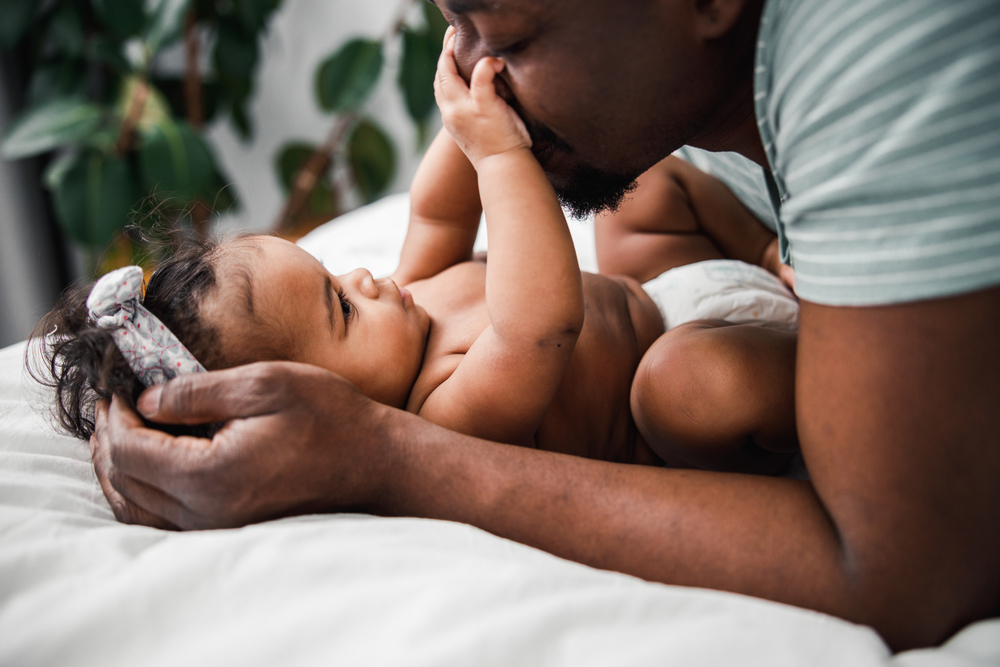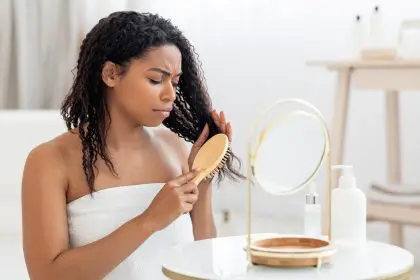Bringing a new baby home is an exciting and life-changing event. However, it can also be overwhelming, especially for first-time parents. Preparing your home for the arrival of your little one involves more than just setting up a nursery. It’s about creating a safe, comfortable and nurturing environment for your baby to thrive. In this article, we will explore the essential items you need when you have a baby at home, ensuring you are well-prepared for this wonderful journey.
Setting up the nursery
A well-organized nursery is crucial for your baby’s comfort and your peace of mind. Here are some essential items to include:
Crib and mattress: A safe, sturdy crib is a must. Ensure the mattress fits snugly and meets safety standards to prevent any accidents.
Bedding: Use fitted sheets specifically designed for your crib mattress. Avoid pillows, blankets and stuffed animals to reduce the risk of suffocation.
Changing table: A dedicated changing table or a changing pad on a sturdy surface will make diaper changes easier and more comfortable.
Storage solutions: Baskets, bins and shelves can help keep baby clothes, toys, and other essentials organized.
Rocking chair or glider: This provides a comfortable spot for feeding, soothing and bonding with your baby.
Nightlight: A soft nightlight can help you navigate the room during nighttime feedings and diaper changes.
Feeding essentials
Whether you choose to breastfeed or bottle-feed, having the right supplies is important:
Breastfeeding supplies: A good quality breast pump, nursing bras and breast pads are essential for breastfeeding moms. A nursing pillow can provide added comfort.
Bottles and nipples: If you’re bottle-feeding, have a variety of bottles and nipples on hand to see which your baby prefers. Don’t forget a bottle brush for cleaning.
Formula: If you’re using formula, stock up on the brand recommended by your pediatrician.
Burp cloths: Keep plenty of burp cloths or bibs handy to catch spit-up and drool.
Diapering necessities
Diapering is a big part of caring for a new baby. Make sure you’re well-stocked with these items:
Diapers: Whether you choose disposable or cloth diapers, ensure you have enough to last a few days. Newborns can go through 8-12 diapers a day.
Wipes: Gentle, fragrance-free wipes are best for your baby’s sensitive skin.
Diaper cream: Prevent and treat diaper rash with a good quality diaper cream.
Diaper pail: A diaper pail with a tight-fitting lid will help contain odors.
Clothing and linens
Babies grow quickly, so it’s helpful to have a variety of clothing sizes and types:
Onesies and sleepers: Soft, comfortable onesies and sleepers are essential. Look for ones with easy access for diaper changes.
Socks and booties: Keep your baby’s feet warm with plenty of socks and booties.
Hats: A couple of soft hats can help keep your baby warm, especially in cooler weather.
Swaddles and blankets: Swaddling blankets can help your baby feel secure and sleep better. Have a few lightweight and heavier blankets for different temperatures.
Laundry detergent: Use a gentle, baby-safe detergent for washing your baby’s clothes and linens.
Bathing and grooming
Keeping your baby clean and healthy requires some specific tools and products:
Baby bathtub: A small, infant-sized bathtub makes bathing your baby safer and more manageable.
Mild soap and shampoo: Choose products that are gentle and free of harsh chemicals.
Soft towels and washcloths: Soft, absorbent towels and washcloths are essential for bath time.
Nail clippers or scissors: Baby nails grow quickly and can be sharp. Use baby-specific clippers or scissors to keep them trimmed.
Brush and comb: A soft-bristled brush and fine-toothed comb are useful for grooming your baby’s hair.
Health and safety
Ensuring your baby’s safety and well-being is a top priority:
First aid kit: A baby-specific first aid kit should include items like a digital thermometer, nasal aspirator and infant acetaminophen.
Baby monitor: A baby monitor allows you to keep an eye — and ear — on your baby when you’re in another room.
Car seat: A properly installed car seat is essential for bringing your baby home from the hospital and for all future car trips.
Safety gates and locks: As your baby becomes more mobile, safety gates and cabinet locks will help keep them out of dangerous areas.
Comfort and entertainment
Keeping your baby comfortable and entertained can help with their development and give you some much-needed breaks:
Pacifiers: Many babies find comfort in pacifiers. Have a few on hand in case one gets lost or dirty.
Baby swing or bouncer: These can provide a safe place for your baby to rest and play while giving you a hands-free moment.
Toys and books: Soft toys, rattles and board books are great for stimulating your baby’s senses and encouraging development.
Play mat or gym: A play mat with hanging toys can provide entertainment and help with tummy time.
Preparing for a baby
Preparing for a new baby involves more than just excitement and anticipation. It’s about ensuring that your home is equipped with all the necessary items to provide a safe, comfortable and nurturing environment for your little one. From setting up a cozy nursery to having all the feeding, diapering and health essentials, being well-prepared can make the transition smoother for both you and your baby. Remember, every family’s needs may vary, so personalize your preparations to suit your lifestyle and preferences. With the right preparations, you can focus on enjoying every precious moment with your new addition to the family.
This story was created using AI technology.












